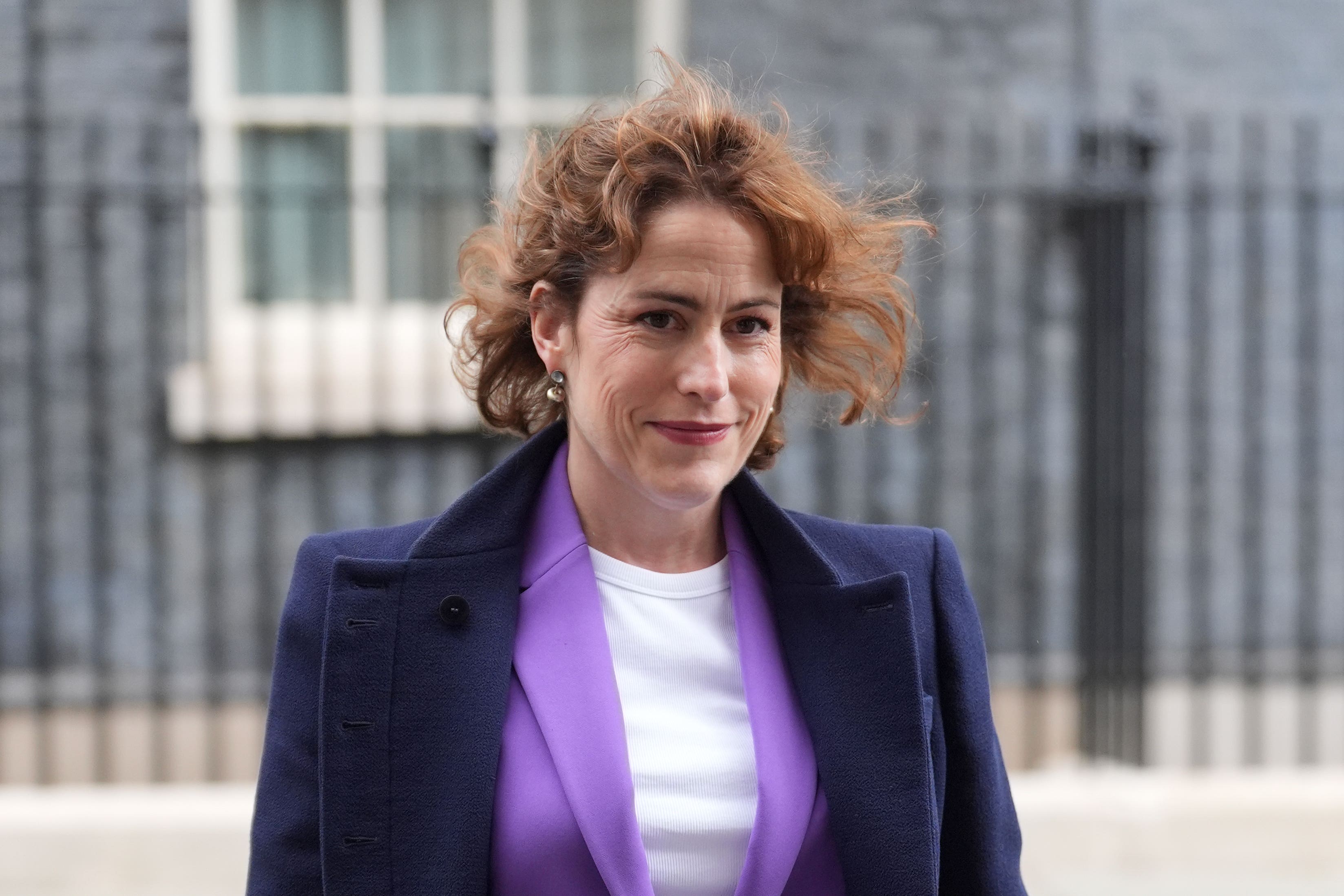Atkins working to get payments to eligible blood victims ‘as soon as possible’
The Health Secretary said she apologised ‘unreservedly for the actions which have hurt and harmed so many people’.

Your support helps us to tell the story
From reproductive rights to climate change to Big Tech, The Independent is on the ground when the story is developing. Whether it's investigating the financials of Elon Musk's pro-Trump PAC or producing our latest documentary, 'The A Word', which shines a light on the American women fighting for reproductive rights, we know how important it is to parse out the facts from the messaging.
At such a critical moment in US history, we need reporters on the ground. Your donation allows us to keep sending journalists to speak to both sides of the story.
The Independent is trusted by Americans across the entire political spectrum. And unlike many other quality news outlets, we choose not to lock Americans out of our reporting and analysis with paywalls. We believe quality journalism should be available to everyone, paid for by those who can afford it.
Your support makes all the difference.The “mistakes” of the infected blood scandal “can never be repeated”, the Health Secretary has said, as she works to get compensation payments out to eligible victims “as soon as possible”.
According to Government documents, people living with an HIV infection as a result of the scandal could receive between £2.2 million and £2.6 million.
Payments for people living with hepatitis vary from £35,500 for an “acute” infection up to £1,557,000 for the most severe illnesses caused by the virus, according to the figures.
People infected with both viruses could be paid up to £2.7 million, the tables show.
Cabinet Office minister John Glen on Tuesday announced that many will also benefit from further interim compensation payments of £210,000 within 90 days.
In a statement, Victoria Atkins said she is “working with the NHS Business Services Authority to ensure that all those eligible receive a second interim payment of £210,000 as soon as possible”.
More than 30,000 people were infected with deadly viruses between the 1970s and early 1990s as they received blood transfusions or blood products while receiving NHS care.
The 2,527-page report from the Infected Blood Inquiry, published on Monday, found the infected blood scandal “could largely have been avoided” and there was a “pervasive” cover-up to hide the truth.
Some 3,000 people have since died.
We will study the report to make sure the lessons of Sir Brian (Langstaff)’s Inquiry are learned and that these mistakes can never be repeated
Ms Atkins said she apologised “unreservedly for the actions which have hurt and harmed so many people”.
“The report lays bare the many failings of successive governments, including historic failings in my own department,” she said.
“Instances of the destruction of records and withholding of information are shocking and unacceptable. This should not have happened and must never happen again.
“We will study the report to make sure the lessons of Sir Brian (Langstaff)’s Inquiry are learned and that these mistakes can never be repeated.”
She added: “This terrible history of failures, experiments, disbelief, and cover ups has stolen the lives of victims and their families; instead of birthdays, careers, freedoms and joy, the victims’ lives are measured in pain, mental anguish, the crushing burden of stigma and the agony of wondering what could have been. Never again.”